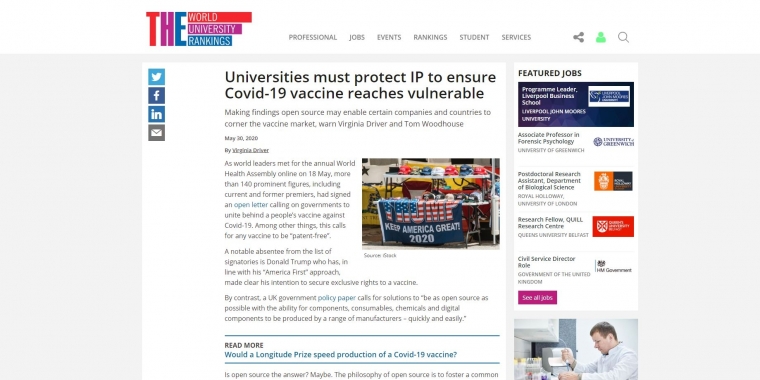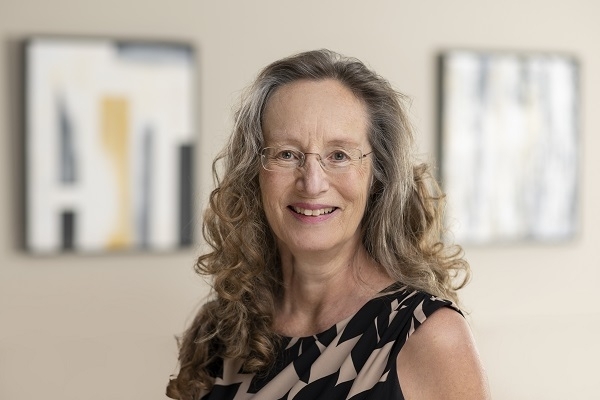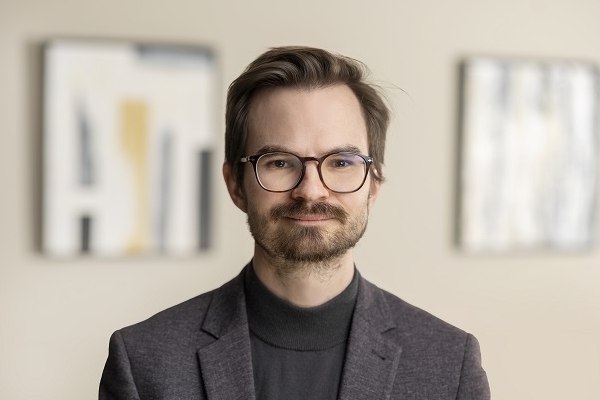Mon 1st Jun 2020
Universities urged to guard their IP in Times Higher Education
Services: Applying for a patent overseas, International reach, IP strategy, Obtaining a patent, Patents
Sectors: Life sciences and health
In an article for The Times Higher Education (published May 30, 2020), intellectual property strategists Virginia Driver and Tom Woodhouse have urged universities to guard their IP rights to ensure COVID-19 innovations reach the vulnerable in poorer nations.

When world leaders met for the annual World Health Assembly on 18 May 2020, more than 140 prominent figures, including current and former world leaders, had signed an open letter calling on governments to unite behind a people’s vaccine against COVID-19. Among other things, this called for any vaccine to be “patent-free”.
The UK Government’s policy paper on scaling up the coronavirus testing programmes on 6 April 2020 also called for solutions to “be as open source as possible with the ability for components, consumables, chemicals and digital components to be produced by a range of manufacturers – quickly and easily.”
Virginia Driver and Tom Woodhouse argue that, contrary to popular opinion, “open source” does not mean “patent-free” and suggest how patents and intellectual property could be powerful weapons against President Trump – in an open source model that makes any vaccine available globally on ethical terms that are legally enforceable.
Click here to visit The Times Higher Education (note paywall).
Click here to download the article in pdf format.
If you are not a subscriber to The Times Higher Education, and would like more information, you can email virginia.driver@pagewhite.com or tom.woodhouse@pagewhite.com.
This briefing is for general information purposes only and should not be used as a substitute for legal advice relating to your particular circumstances. We can discuss specific issues and facts on an individual basis. Please note that the law may have changed since the day this was first published in June 2020.



